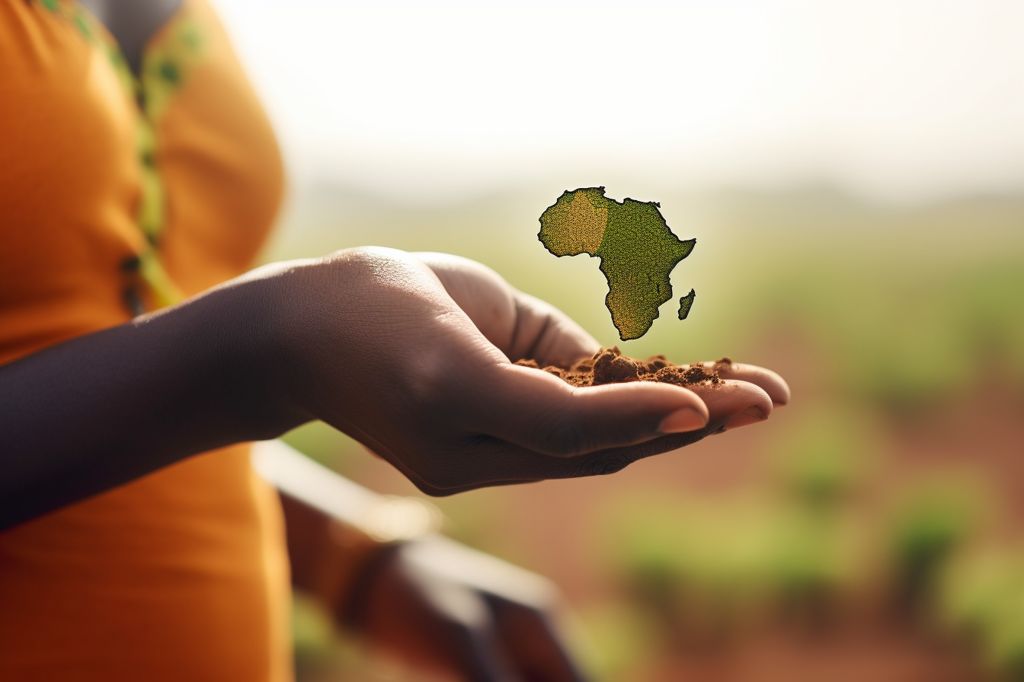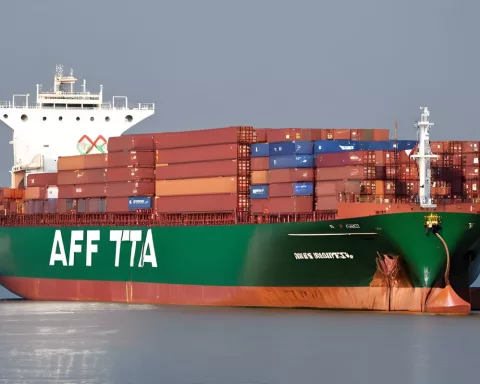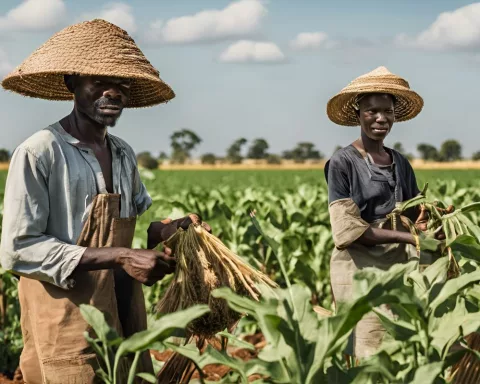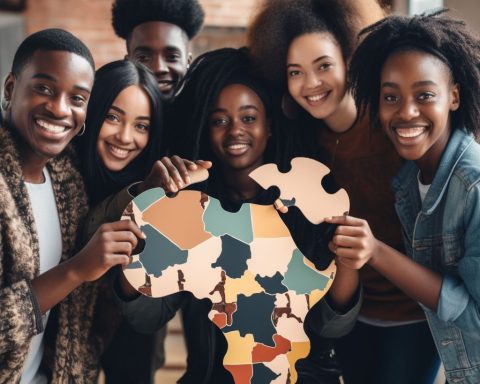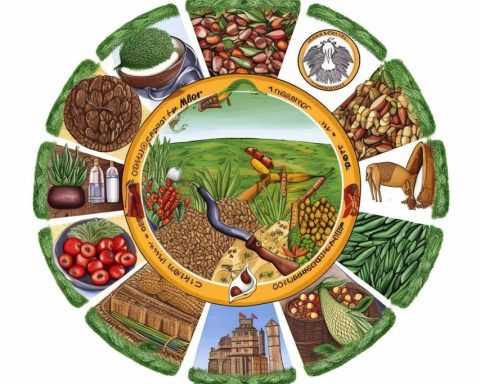The African Continental Free Trade Area (AfCFTA) is a significant development in Africa’s economic integration journey. Its primary objective is to create a unified market for goods and services to stimulate trade and sustainable, inclusive growth across the continent. As part of an ongoing awareness workshop series, the Department of Trade, Industry, and Competition (dtic) is hosting events around South Africa to educate stakeholders about the AfCFTA’s benefits and opportunities.
Creating Economic Emancipation for Africa
According to Calvin Phume, the Director of Africa Bilateral Economic Relations at the dtic, the AfCFTA offers a unique opportunity for Africa to achieve economic emancipation, leading to job creation, poverty reduction, improved welfare, and sustainable development. As a flagship project of Agenda 2063, the AfCFTA aims to establish a unified African market for goods and services, facilitating the free movement of individuals, capital, and investments.
Inclusivity and Advancement
The AfCFTA aims to promote inclusivity for women, youth, and rural inhabitants, as well as the industrialization of Africa and the development of small and medium-sized enterprises (SMEs). Furthermore, it seeks to advance gender equality, agricultural development, food security, and structural transformation across the continent.
Empowering Stakeholders
Phume believes that the awareness workshops are vital for equipping provincial stakeholders with the necessary knowledge and insights regarding the AfCFTA. The dtic hopes to empower participants to seize the abundant potential presented by the AfCFTA by fostering a deeper understanding of its opportunities and benefits. This highlights the government’s unwavering commitment to ensuring that all regions and communities are well-informed and actively participate in this transformative initiative.
Success and Next Steps
The inaugural AfCFTA workshop in KwaZulu-Natal was met with great enthusiasm, and attendees appreciated the progress and benefits that the AfCFTA will bring to their respective businesses upon implementation. The dtic is continuing to roll out workshops nationally from May to July 2023, with the next stop in Limpopo scheduled for Friday, 9 June 2023.
A Milestone for Africa
The AfCFTA represents a significant milestone in Africa’s pursuit of economic integration. The ongoing awareness workshops conducted by the dtic serve as a vital platform to educate and empower stakeholders, enabling them to capitalize on the numerous benefits and prospects the AfCFTA brings. As the initiative unfolds, it is clear that the AfCFTA has the potential to drive sustainable growth, development, and prosperity throughout the African continent. The AfCFTA is a testament to Africa’s shared commitment to harnessing the power of trade for growth, employment generation, and the betterment of millions of lives across the continent.

